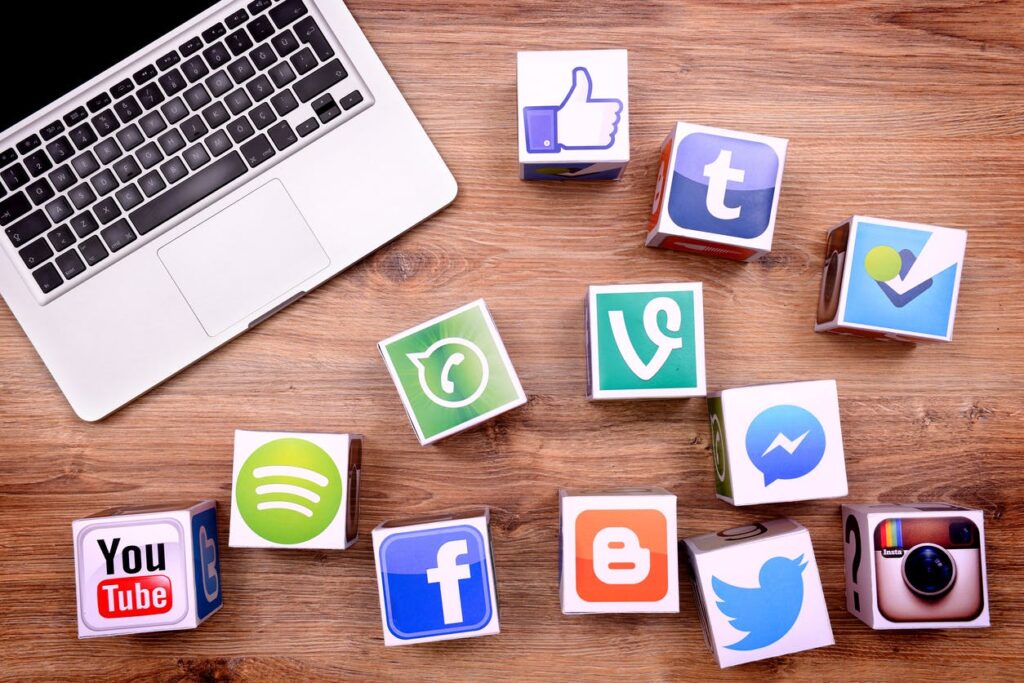Social media has become a central part of daily life for billions of people worldwide. From staying in touch with friends to building businesses and movements, social media platforms have transformed how we communicate, consume information, and connect with the world.
What Is Social Media?

Social media refers to websites and applications that allow users to create, share, and interact with content and each other. Popular platforms include Facebook, Instagram, Twitter (now X), TikTok, LinkedIn, Snapchat, and YouTube. These platforms support various content formats such as text, photos, videos, and live streams.
The Evolution of Social Media

Social media has evolved dramatically since the early 2000s. What began as simple networking sites like MySpace and Friendster has grown into complex ecosystems that support everything from e-commerce to activism.
- 2004: Facebook launches, initially for college students.
- 2006: Twitter (X) introduces microblogging.
- 2010: Instagram brings visual storytelling to the forefront.
- 2016–Present: TikTok revolutionizes short-form video content.
The Role of Social Media in Society
Social media plays many roles in modern life:
- Communication: Allows real-time messaging, video calls, and updates.
- Marketing & Branding: Essential for businesses to reach audiences and build brand identity.
- Education: Facilitates the sharing of knowledge and online learning.
- Entertainment: Offers endless content in formats like memes, reels, and videos.
- Social Movements: Amplifies voices and causes, enabling digital activism.
Benefits of Social Media
- Connectivity: Stay in touch with people across the world.
- Opportunities: Jobs, collaborations, and networking.
- Information Access: Real-time news, trends, and tutorials.
- Self-Expression: Share your thoughts, talents, and experiences.
Challenges and Risks
Despite its many benefits, social media comes with concerns:
- Mental Health: Can contribute to anxiety, depression, and low self-esteem.
- Misinformation: The rapid spread of false or misleading content.
- Privacy Issues: Risk of data breaches and oversharing personal information.
- Addiction: Excessive use leading to decreased productivity and focus.
The Future of Social Media
Social media continues to evolve with advancements in technology like AI, AR/VR, and blockchain. The focus is shifting toward personalization, immersive experiences, and ethical usage. Platforms may also face increased regulation to ensure user safety and transparency.
Conclusion
Social media is a powerful tool that influences nearly every aspect of modern life. While it offers immense opportunities for connection and growth, it’s important to use it mindfully. Understanding its impact can help individuals and organizations navigate the digital landscape more effectively.
What is social media?
Social media refers to platforms that allow users to create, share, and interact with content and connect with others online, including Facebook, Instagram, Twitter, and TikTok.
How do I grow my presence on social media?
Growing your social media presence involves consistent posting, engaging with followers, using relevant hashtags, collaborating with influencers, and running ads to reach a broader audience.
What are the risks of social media use?
Risks include privacy concerns, misinformation, addiction, cyberbullying, and mental health impacts like anxiety or depression due to online comparisons.
How can businesses use social media effectively?
Businesses can leverage social media for brand awareness, customer engagement, targeted advertising, content marketing, and building a loyal community.
Is social media bad for mental health?
Social media can impact mental health negatively if used excessively or for comparison. However, when used mindfully, it can also foster connection and support.